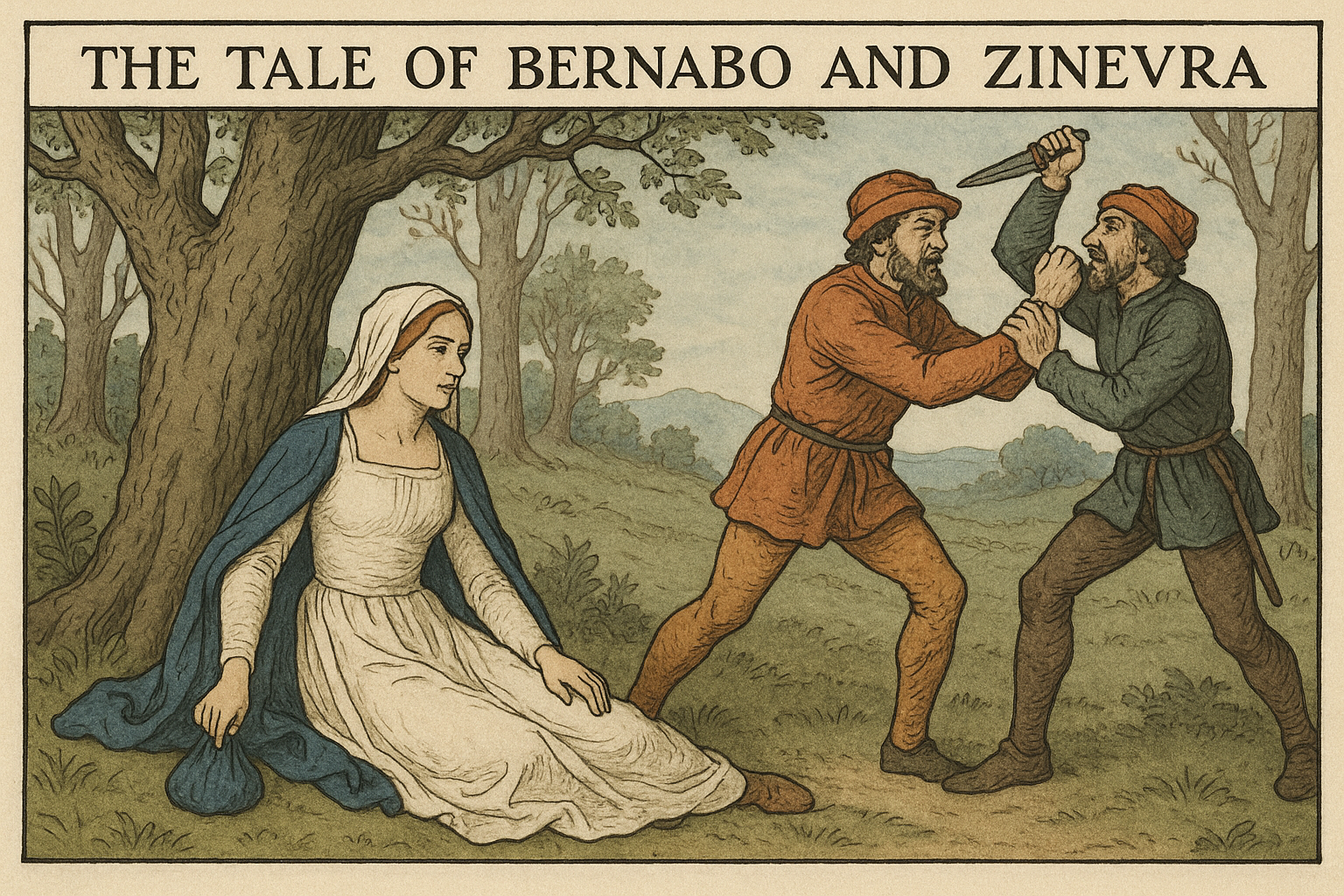No data to show
Read More
Introduction The Decameron, the work of Giovanni Boccaccio, is a vast mosaic of stories dealing thematically with the many aspects of human nature, particularly its deception, love, and luck. The most remarkable features of the story of Alatiel, which is told on the second day, are the subtle irony and the frank comments relating to survival, virtue, and the self. What could pass as a hot...

Introduction: In The Decameron, Boccaccio tells the sad but powerful story of Ghismonda, a noblewoman who fights for her love against her father’s cruel rules. This review shows how Ghismonda’s bravery and tragic end reveal the problems women faced in medieval times. Her story still matters today because it speaks about love, freedom, and the struggle against unfair power. ...

Introduction: In The Decameron, Boccaccio tells the exciting and inspiring story of Zinevra, a clever and loyal woman who proves her innocence and outsmarts betrayal. This review shows how Zinevra’s intelligence, strength, and sense of justice allow her to survive deception and defend her honor. The story still matters today because it speaks about trust, gender expectations, and...

Introduction Giovanni Boccaccio’s Decameron often walks a fine line between satire and sincerity, especially when exploring themes of love, deception, and social norms. One particularly striking example is the tale of Pietro di Vinciolo (Day V, Tale 10), narrated by Dioneo. In this story, Boccaccio exposes the double standards of marriage, the hypocrisy of moral judgment, and the...

Giovanni Boccaccio’s Decameron is a masterwork of medieval literature, offering a panoramic view of human nature through one hundred tales told over ten days. Among these stories, The Tale of Andreuccio da Perugia (Second Day, Fifth Story) stands out as a sharp and engaging narrative that combines humor, suspense, and moral insight. It is a story about deception, survival, and unexpected...



